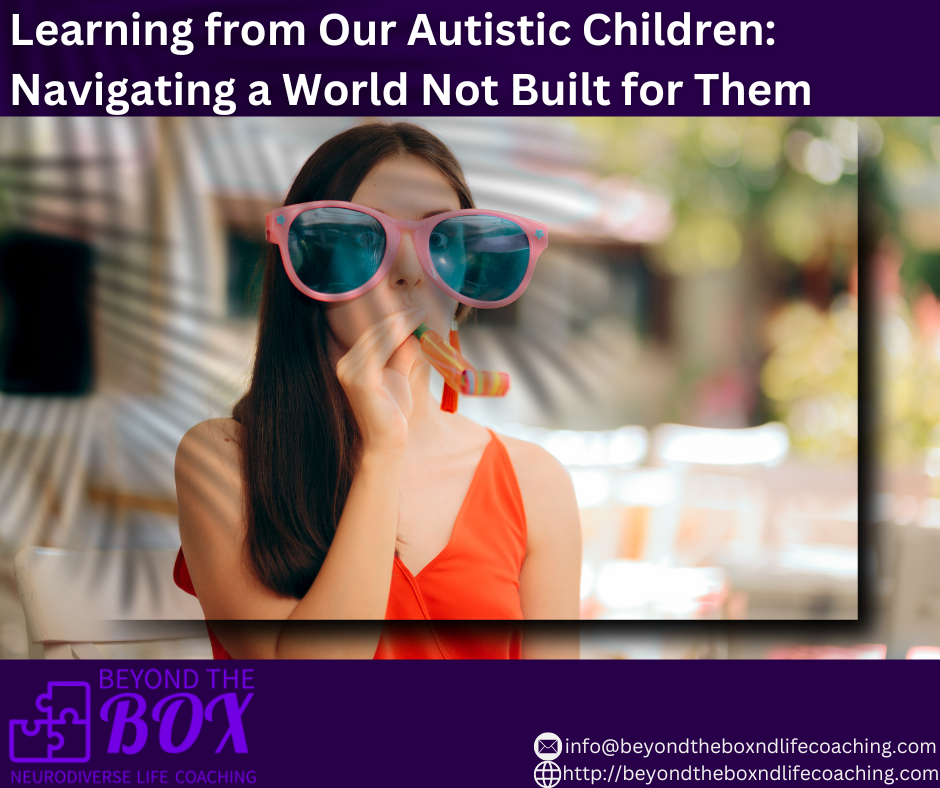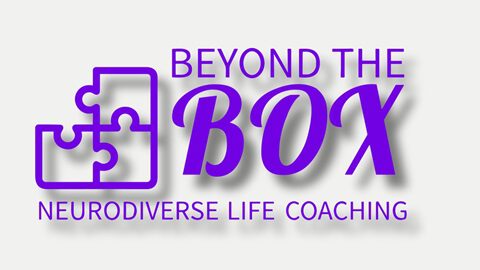Whether your autistic child is high or low on the spectrum, verbal, non-verbal, or has selective mutism, they can teach us how they best navigate a world that is designed to overstimulate them. An autistic child in the family, diagnosed or not, has a ripple effect on your family—you adapt. As parents, you adjust to that child’s needs, and the whole family follows your lead. Before you know it, family harmony improves a little. It’s never completely harmonious, because that’s life—there are siblings, and there will always be flashpoints.
Our child was diagnosed at age 7, but since she was able to communicate, she had been teaching us how she wanted to navigate the world. When you have the knowledge of a diagnosis and have spent time learning what it means, think back with hindsight about your life pre-diagnosis—how did you, as parents of a child who was a little quirky, navigate life? For me, when we went to the supermarket, most children hated holding your hand or holding on to the shopping cart. But our child would actively seek your hand. In an environment that was loud, noisy, bright, and busy, holding that hand gave her the reassurance that it was okay and she would get through it. To this day, in a strange, noisy, or busy place, she will reach for that hand—a safe place.
As she pointed out, when we are in a place like that, I also instinctively seek her out and hold her hand. Without really thinking about it, it’s a natural instinct because we’ve learned over time that this helps her function in the world. As a child, I liked to make a den under the table or on the bunk beds with blankets, and I would play for hours there, happily, long after my sisters had grown bored. When you think about this with the hindsight of the autistic knowledge you’ve now gained as a parent, it makes perfect sense. Shutting out the excess noise allowed me to focus on what I wanted to do. I would also happily climb to the top of a tree and play, which used to drive my mother up the wall! But it was peaceful up there—I could see for miles and anticipate what was coming; no surprises. Our child insisted on having the smallest bedroom in the house. When she was little, that’s where she played—with the curtains and door closed.
That was her safe place; she could control the environment and live and play how she wanted to. So you ask: how does this help us as parents now? Think about these things as your child gets older—how does that translate into teenage life, early adulthood, and beyond? At the supermarket, your child can and should still go shopping because they want to live an independent life. Let them push the shopping cart—holding something familiar and safe. Teach them to go to the supermarket during quieter times. If the supermarket lights are too bright, put sunglasses on. If anyone asks, just say they are prescription sunglasses and you’ve forgotten your regular ones. In my case, that’s very true because I am blind as a bat without my glasses, but I’ve used that response! Have a prepared answer for random questions like that.
Going to strange, noisy places is unsettling for your child. As they get older, accompany them to these places, and discuss beforehand what they might encounter. Set a time frame from arrival to leaving, and allow your child to set the parameters. Spend less time holding their hand, and find a mechanism that helps them process and cope with the stimuli.
The eventual goal is to enable your child to feel comfortable going to such places alone or with friends. I know this may seem too simple or easy, but it’s not—it’s a process that happens over time.
Use the knowledge you’ve gained with hindsight to teach your child strategies that will support them in leading an independent life in adulthood.

